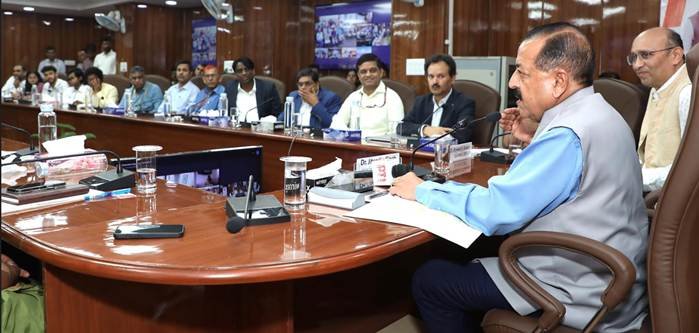GSMA calls
GSMA has urged national governments to reassess their approach to spectrum auction reserve prices after India failed to sell any of the critical 700 MHz band last week.
“The GSMA is concerned that, after the Indian auction, none of the 700 MHz band can be used to expand mobile broadband coverage to Indian citizens,” said GSMA chief regulatory officer John Giusti in London on October 13, 2016.
“As we had cautioned, the spectrum went unsold because the reserve prices for this highly sought-after band were set at an unrealistically high level of more than US$60 billion.
“High reserve prices inhibit investment or delay deployment in next-generation networks at a time when demand for mobile data is exploding. Regulators should consider the conditions of the local market when setting reserve prices for spectrum auctions.
“In India, mobile operators have been asked to pay some of the highest rates for spectrum compared to other markets, even though it has a low average revenue per user (ARPU) at US$2.45, as of the end of 2015.
The successful sale of licenses in the 1800 MHz band is a step in the right direction, helping provide better quality LTE services.
“We are confident that this 1800 MHz spectrum will help operators improve coverage gaps, but more spectrum will be needed to address the exponential increase in mobile broadband traffic,” he said.
In many markets, mobile operators are struggling to justify the business case for purchasing spectrum at high reserve prices, as proven in India, as well as in the 700 MHz auctions in Australia and Senegal.
This hurts consumers by delaying deployment in this critical spectrum, when there is already a vibrant global ecosystem in the 700 MHz band with over 100 LTE networks launched worldwide, supported by 469 devices.1
“The GSMA urges the Indian Government to work with the regulator to recalibrate spectrum pricing for the 700 MHz band.
“Timely deployment of this spectrum will expand the reach of mobile broadband services and deliver positive social and economic benefits to the country’s citizens, creating a truly digital India,” said Giusti.
The London-based GSMA represents the interests of mobile operators worldwide, uniting nearly 800 operators with almost 300 companies in the broader mobile ecosystem, including handset and device makers, software companies, equipment providers and internet companies, as well as organisations in adjacent industry sectors. fii-news.com










